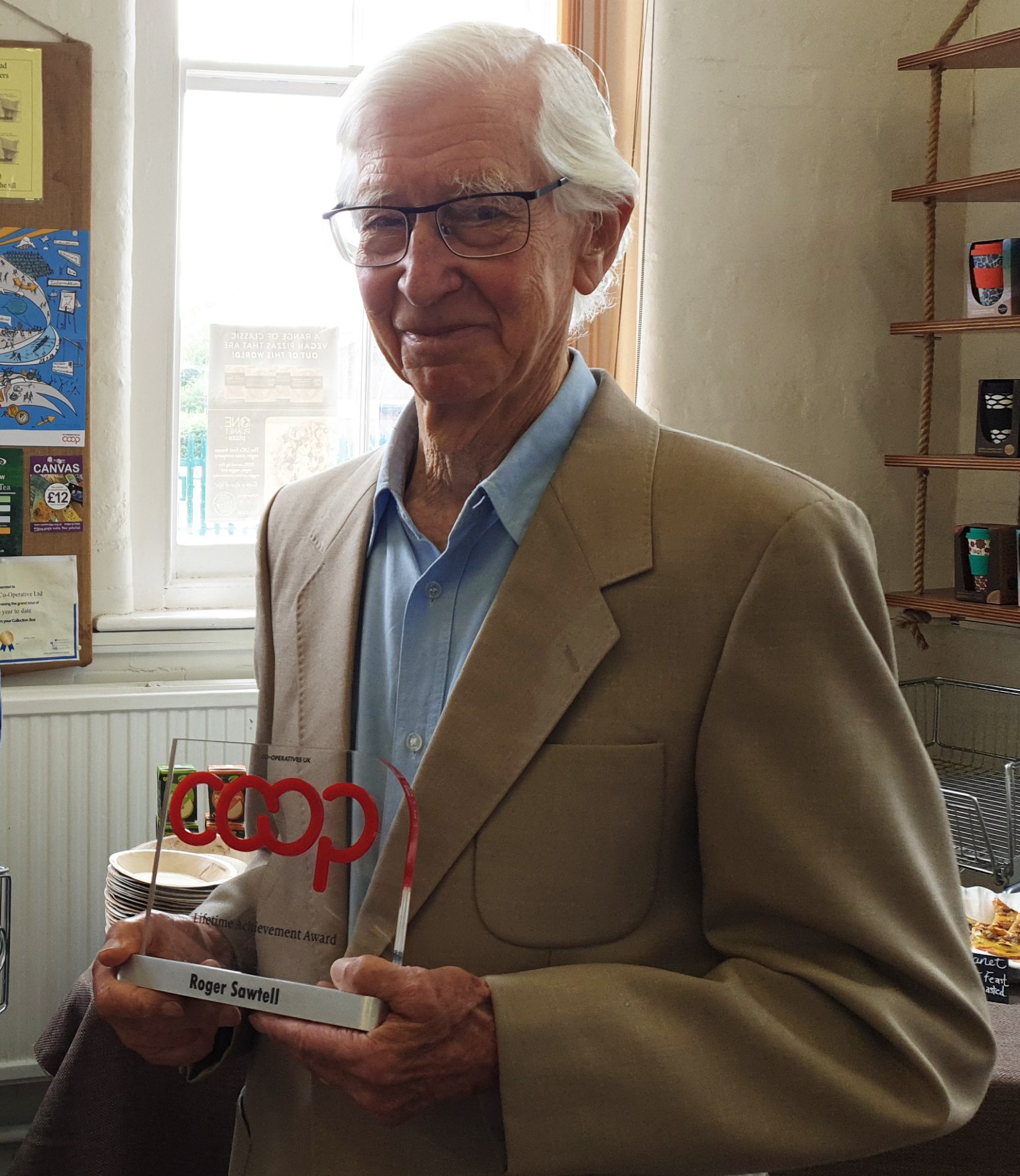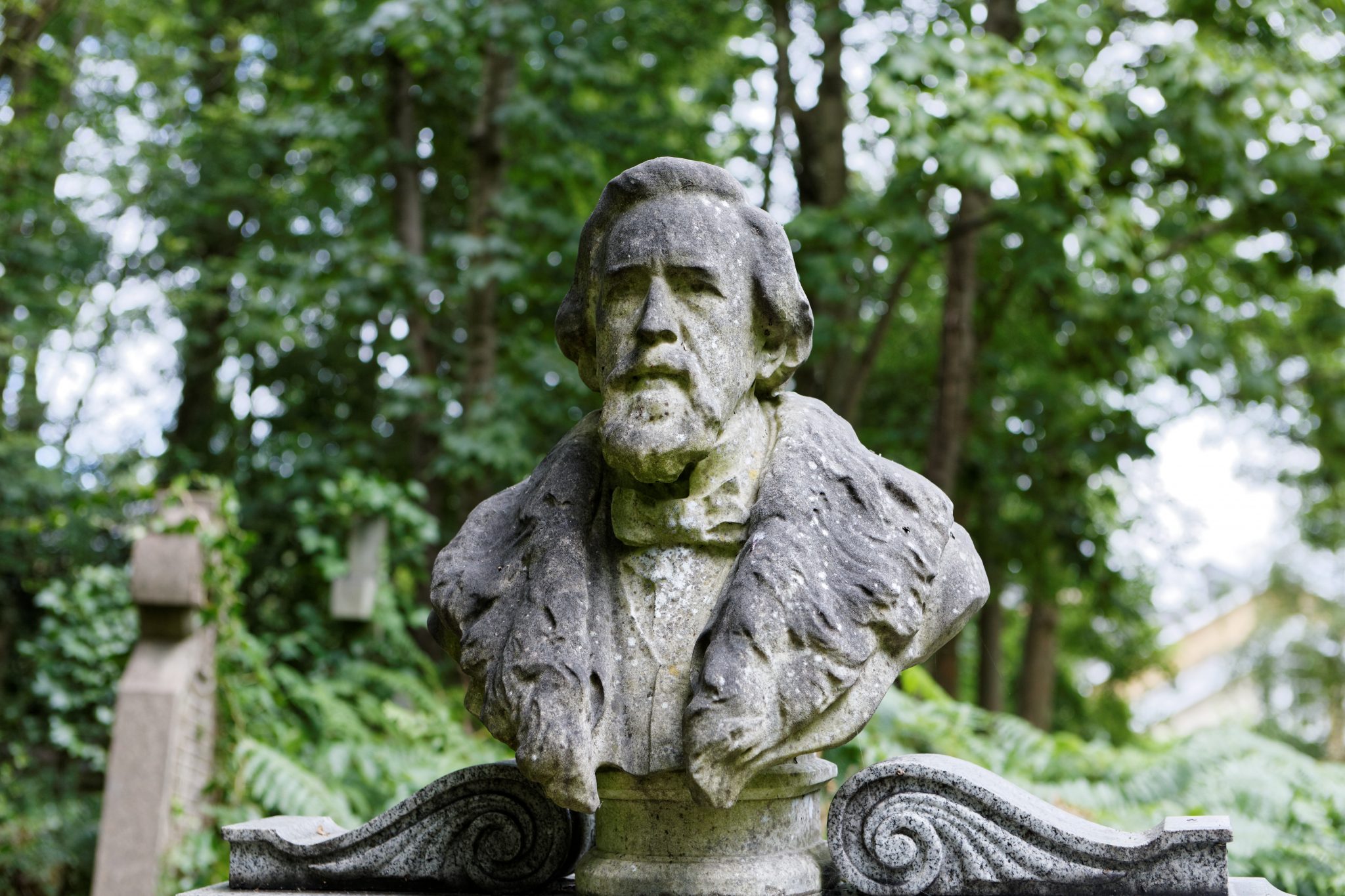Around the world religious groups are setting up co-operatives to provide services for their local communities. The co-operative values of equality, social responsibility and caring for others resonate with the values of different faiths.
In his 1996 Background Paper to the 1995 Statement of Co-operative Identity, Ian MacPherson noted that co-operatives around the world “have developed within a rich array of belief systems, including all the world’s great religions and ideologies”.
And while Christian or Muslim communities are setting up credit unions as ethical alternatives to traditional banking institutions or payday lenders, secularists are adopting co-operation as a substitute for religion.
A 2016 report by the University of Bristol found that faith values are important to how and why faith organisations engage in providing assistance, activism or advocating alternative forms of finance, and these tend to drive holistic and personal approaches to addressing people’s needs. According to the research, faith values can overlap with other faith and ethical values to enable successful forms of collaboration with others in relation to welfare, campaigning and developing more ethical approaches to finance.
Now famous all over the world for its federation of worker co-operatives, the Mondragon co-operative movement was founded by Jose Maria Arizmendiarrieta, a Catholic priest who wanted to assist his congregation in Mondragon, the Basque Country, a town that was at the time recovering from the Spanish Civil War. In 1956 he created a social business based upon the principle of equality. He saw co-operatives as the perfect solution to the town’s unemployment crisis.
Since then, other Christian groups across the world have set up similar co-operative ventures. Among them was Roger Sawtell, founder of Northampton-based Daily Bread Co-operative – recently given a Lifetime Achievement Award at the Co-op of the Year Awards 2019. In conversation with Nick Matthews, chair of Co-operatives UK, he explained how after a 20-year career as an engineer at Spear and Jackson in Sheffield, he started looking for ways to put his faith in practice.
“Roger’s faith gives him a strong belief in equality,” says Mr Matthews. “Clearly, there are crossovers between a radical Christian position and co-operative principles.”
An Anglican, Mr Sawtell lives in a Christian community along with his wife of 61 years, Susan, a Quaker. Although he attended church at Wortley, Yorkshire, during his childhood, the turning point in his faith came at Clare College at Cambridge University where he met an American missionary to the university and experienced a transcendental moment. He realised he had to find ways to put his faith into action.
Having worked for the Sheffield firm for so many years, he felt that there was a role for Christians in business but the structure of the business did not allow him to do what he felt was needed. He proposed changes but the shareholders disagreed with him.
On a visit to Israel, he worked on a kibbutz making tools, which contributed to his ideas about worker co-ops. He says the Quaker business method helped his thinking on consensual decision-making in business. He saw the co-operative model as best suited to put his values into practice because it lacked the paternalistic dimension of Quaker businesses.

Mr Sawtell was also one of the co-operators who helped to draft the rules of the Co-operative Production Federation, which became the Industrial Common Ownership Movement (ICOM) rules. ICOM later on merged with the Co-operative Union, forming Co-operatives UK. The new rules were put to test at Daily Bread Co-op.
Daily Bread opened its store in October 1980 and has been seeking to live up to its original ideals ever since, providing high quality, wholesome food at a fair price. Its continued success saw it win the Growing Co-operative category in the Co-op of the Year awards 2017.
Almost 40 years later, Daily Bread still a very strong Christian ethos, with prayers most mornings before the store opens and communion at least once a fortnight.
The co-op is committed to giving away a percentage of its annual turnover to various causes from educational projects in developing countries to local schemes such as Northampton Soup and the Hope Centre.
John Clarke, current member of Daily Bread, says: “Daily Bread was founded from a Christian group that was part of a local church. This was similar to how some of the early co-operative societies were formed, with concern about people rather than profit. Supporting members and working together for a common goal are good social and Christian values.
“Since Daily Bread was founded in 1976 and started trading in 1980 those values have always been present in our way of thinking and how we manage ourselves and conduct business. Of course, those values are not exclusive to the Christian faith, but for nearly 40 years we have been trading it has been a demonstration that these values are strong enough for us and many others in the worker co-operative movement to survive the downs in the economy and enjoy the fruits in good times.”
If faith acted as an incentive for religious communities to develop co-operative businesses, so did the lack of belief in religion.
In his lecture at the opening of the Secular Hall in Leicester in 1881, George Holyoake talked about his vision of a secular society in which religion was based on “the simple creed of deed and duty” with personal and society welfare at heart.
Detailed in Stephen Yeo’s book, Victorian Agitator – George Jacob Holyoake, his secularist approach had led to six months’ imprisonment for blasphemy in Gloucester in 1843. Yeo describes how for Holyoake secular values of unity and tolerance could render co-operative efforts possible. Later in his life, he sought to engage with preachers, Quakers and other faiths in an attempt to involve them in the co-operative movement. An Owenite social missionary, he was also influenced by John Stuart Mill’s utilitarianism.

He served as president of the first day of the 1887 Co-operative Congress and wrote about the history of the co-operative movement.
Is co-operation like a religion? Prof Yeo writes: “I know I have watched many co-operators during the last 50 years living out their attachment to their societies and their movement as if to a religion, with a dynamic faith – often against the odds and after many defeats – as freely chosen, as open and voluntary and as binding as any other religious faith.”
He suggests that modern advocates on co-operative and mutual enterprises could promote not just an economic model but also a co-operative ethic and even spirituality.
Asked what co-operators could take away from Holyoake’s approach, he said: “The first thing to take away from Holyoake’s work is to respect other people’s believes and be sceptical about certainties, and see co-operative societies as societies which include differences in opinion in religion and party political terms combined with unity around actions. He was always very sceptical about worldly certainties, he said he did not know.”
Prof Yeo adds: “Co-operation is not an ideology, it’s a set of practices. Because what we’re actually committed to is a set of values and principles in practice. What we are trying to do is prefigure a different way of producing ideas and goods, bread and knowledge.”
While opinions vary when it comes to co-operation as a religion, there is general agreement on the role co-ops play in bringing together diverse people for common goals.
“It’s a good thing to be actively recruiting to a social and moral set of values,” says Prof Yeo. “Partly because our set of values is all about forms of association forms of organisation, we have a commitment to a very particular way of producing a future society and organisations and associational forms are crucial to us. That’s why not any word used to describe co-ops will do as long as you use the word ‘social’.
“We’re about a very particular way of arranging the powers of production, distribution education, and government. That was a Rochdale commitment and it puts education and government on same level as production and distribution – ideas as well as making and selling bread.
“So, if we are to be evangelical, then it has to be about particular forms of collective self-governing, not about ‘isms’ but about ways of getting together.”

